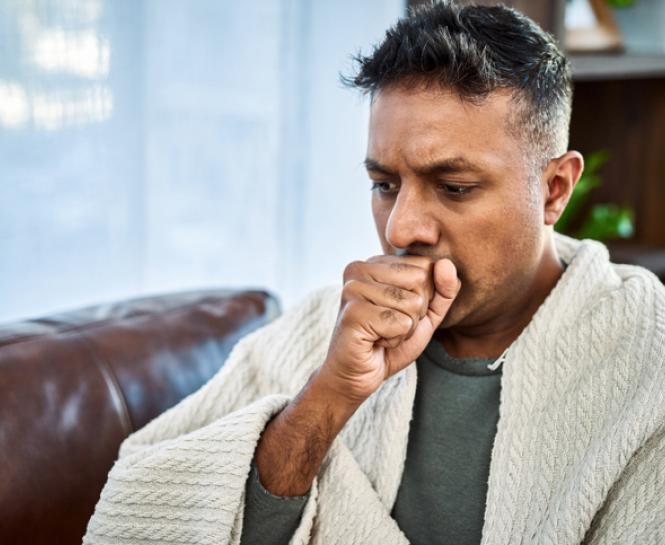“There is no known cure for shingles,” said Jasminepreet Chohan, MD, Catholic Health Physician Partners Primary Care Physician. “Knowing the symptoms of shingles is helpful so you can call your doctor immediately to seek treatment.”
Dr. Chohan recommends talking to your primary care physician (PCP) about getting the shingles vaccine if you are in a high-risk group, such as over the age of 50 or over the age of 19 with a weakened immune system.
What is shingles?
Shingles is a painful rash that usually appears on one side of the body or face and is caused by the varicella-zoster virus (VZV)—the same virus that causes chickenpox. The shingles rash burns, itches and looks like a strip of blisters. Vaccines can prevent shingles, and medications can help treat the condition.
What are the symptoms of shingles?
Pain is typically the first symptom of shingles. A red rash may appear several days after the pain begins, but not everyone will experience a rash. Without the rash, some people sometimes mistake the pain for heart, lung or kidney problems.
Shingles symptoms usually affect a small area on a single side of your face or body that lasts two to six weeks. Common symptoms include:
- Fluid-filled blisters that break open and crust over
- Intense pain, itching and burning
- Sensitivity to touch
You may also experience:
- Fatigue
- Fever and chills
- Headache
- Sensitivity to light
- Upset stomach
What is the treatment for shingles?
“Early treatment with antiviral medicines like acyclovir or valacyclovir may help you heal faster and lower your risk of complications,” said Dr. Chohan. “You may also be prescribed topical creams, injections or pills to help you manage discomfort. Do not take any medications without talking to your doctor first.”
What causes shingles?
After you have had chickenpox, the varicella-zoster virus stays in your body but remains inactive. Sometimes, the virus reactivates, and you develop shingles. The virus does not reactivate in everyone who had chickenpox. Physicians do not fully understand why some people develop shingles while others do not.
Who is at high risk for shingles?
You are more likely to develop shingles as you age. People with weakened immune systems are also at higher risk.
Is shingles contagious?
Anyone who has not already had chickenpox can get the virus from people with shingles through direct contact with the rash. Instead of developing shingles, however, they will develop chickenpox. You can pass the virus to others until your rash scabs over, so avoid physical contact with others and keep the rash covered.
Exposure to shingles is especially dangerous for:
- Pregnant women who have not had chickenpox or the vaccine.
- Newborns or low birth-weight babies.
- Anyone with a compromised immune system, including:
- Organ transplant recipients
- People undergoing treatment for cancer
- People with HIV
What are the complications of shingles?
Shingles affects the nervous system and can cause serious complications like encephalitis (brain inflammation), facial paralysis, or hearing and balance problems. One in five people will experience postherpetic neuralgia, a condition causing damaged nerves to send incorrect pain messages from your skin to your brain. The nerve damage can cause issues for months or even years after the shingles rash heals. Medication can decrease pain associated with postherpetic neuralgia.
Vision loss can also occur if you contract shingles in or around your eye. If shingles blisters are left untreated with antiviral medication, you can develop a bacterial skin infection.
When should I see my doctor?
Call your doctor immediately if you think you have shingles. The following situations can lead to a serious case if left untreated:
- The rash is near your eye. If the rash is left untreated, it can cause permanent eye damage.
- The rash is widespread and painful.
- You are older than 50 since the risk of complications increases with age.
- You or someone you live with has a weakened immune system.
Can I get shingles more than once?
“Most people get shingles only once, but the rash can return multiple times,” said Dr. Chohan.
Should I get the shingles vaccine?
A shingles vaccine is recommended for anyone over 50 or adults over 19 with weakened immune systems. Talk with your physician to determine if the vaccine is right for you.
Call 866-MY-LI-DOC (866-695-4362) to find a Catholic Health physician near you.







